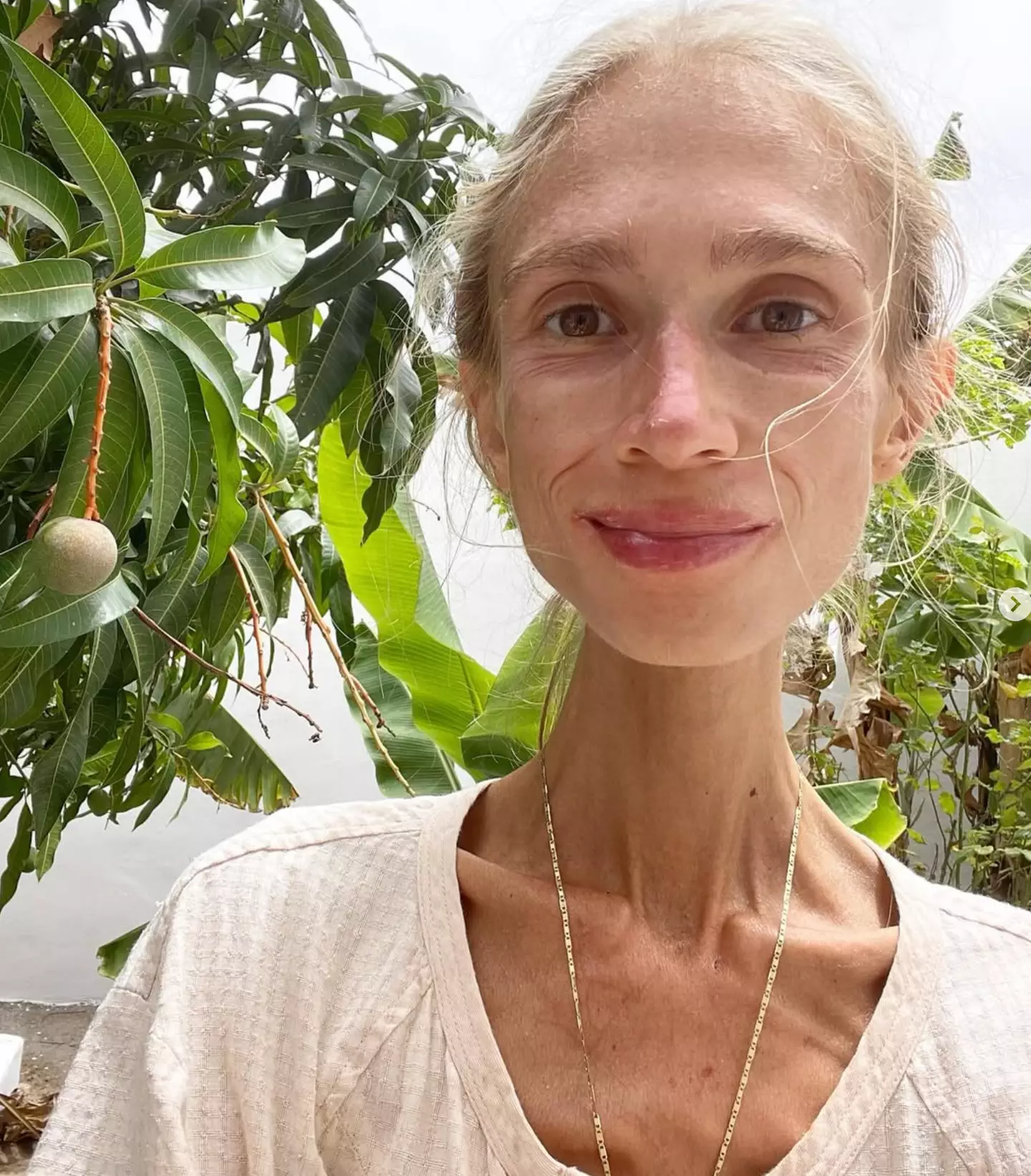A 27-year-old woman, Karolina Krzyzak, tragically lost her life to starvation in her hotel room in Bali after embarking on a ‘fruitarian’ diet.
As reported by The Cut, Karolina, originally from Poland, checked into the Sumberkima Hill resort in Bali in December 2024. The former Leeds University student had requested a villa complete with a pool.
However, when Karolina arrived at the resort, hotel staff were ‘shocked’ by her appearance. Workers noted that she appeared ’emaciated,’ with sunken eyes and a visible collarbone.
Karolina was in such a frail condition that a night clerk had to assist her to her room upon her arrival. This led staff members to offer her medical assistance.
Karolina declined medical help, despite the hotel’s repeated urgings for her to seek assistance the following day. She consistently refused.

Over the next few days, hotel staff delivered only fruit to Karolina, as such a diet is common at the retreat, but they were increasingly concerned about her physical state.
According to The Cut, Karolina’s condition deteriorated to the extent that staff had to help her move in her bed. Concerns escalated after they received a phone call from someone who had met Karolina while traveling.
This individual expressed worry over not hearing from Karolina and asked the hotel to check on her well-being.
When staff entered her room, they found Karolina lifeless on the floor. She had tragically passed away.

Struggling with anorexia, Karolina had adopted a fruitarian diet, primarily consisting of fruits, occasionally supplemented with nuts and seeds.
Dietician Melainie Rogers told The Cut that this way of eating is ‘absolutely not sustainable.’ At the time of her death, Karolina weighed only three-and-a-half stone.
Before her death, Karolina had confided in friends about feeling weak and lacking energy.
“You’re not getting sufficient protein or fats or omega-3s. The body is essentially running on empty,” Rogers commented.
Kate Patton, a registered dietitian at Cleveland Clinic, explained that a fruitarian diet is ‘not usually recommended by dietitians’ due to a ‘big risk of malnourishment.’
While consuming fruit in moderation is healthy, it should only constitute about 25 to 30 percent of one’s diet.
Patton added: “You might lose weight on the fruitarian diet, but I don’t consider this a true benefit, because you are likely losing muscle.”
If you are affected by the issues discussed in this article and wish to talk confidentially, you can reach out to the BEAT Eating Disorders helpline at 0808 801 0677. The helplines are open every day of the year, from 9 am to 8 pm during the week and 4 pm to 8 pm on weekends and bank holidays. Alternatively, a one-to-one webchat is available.

